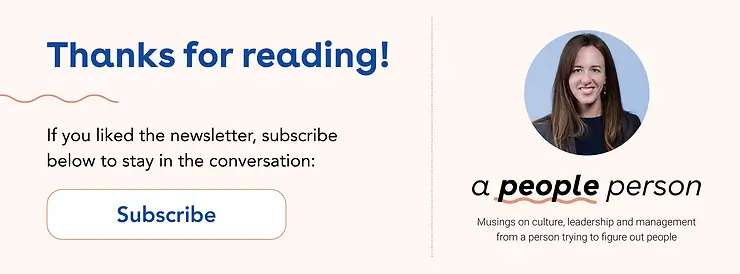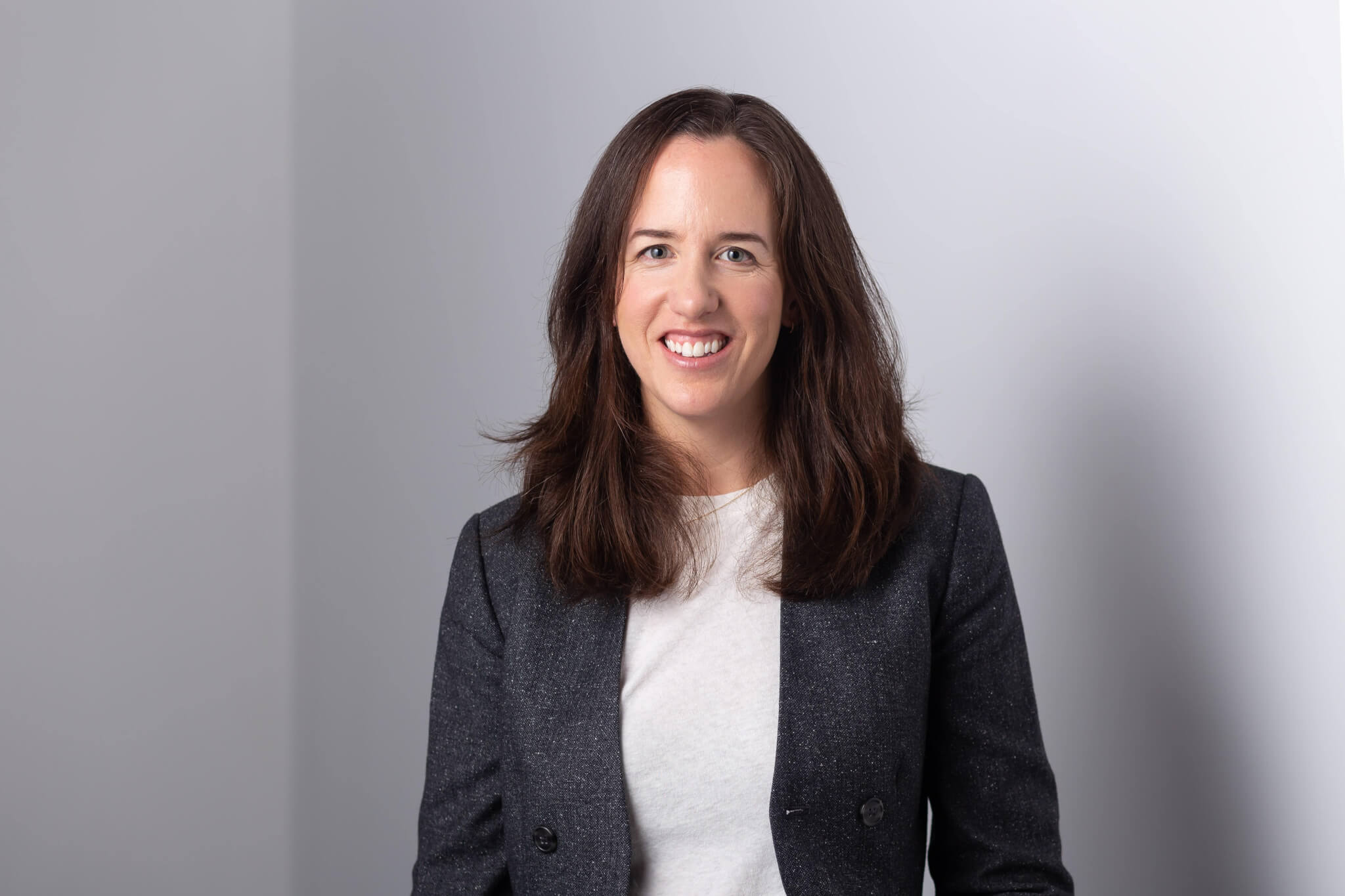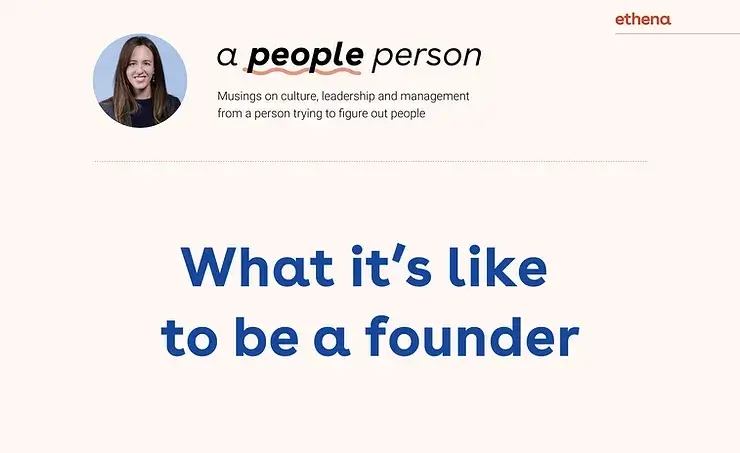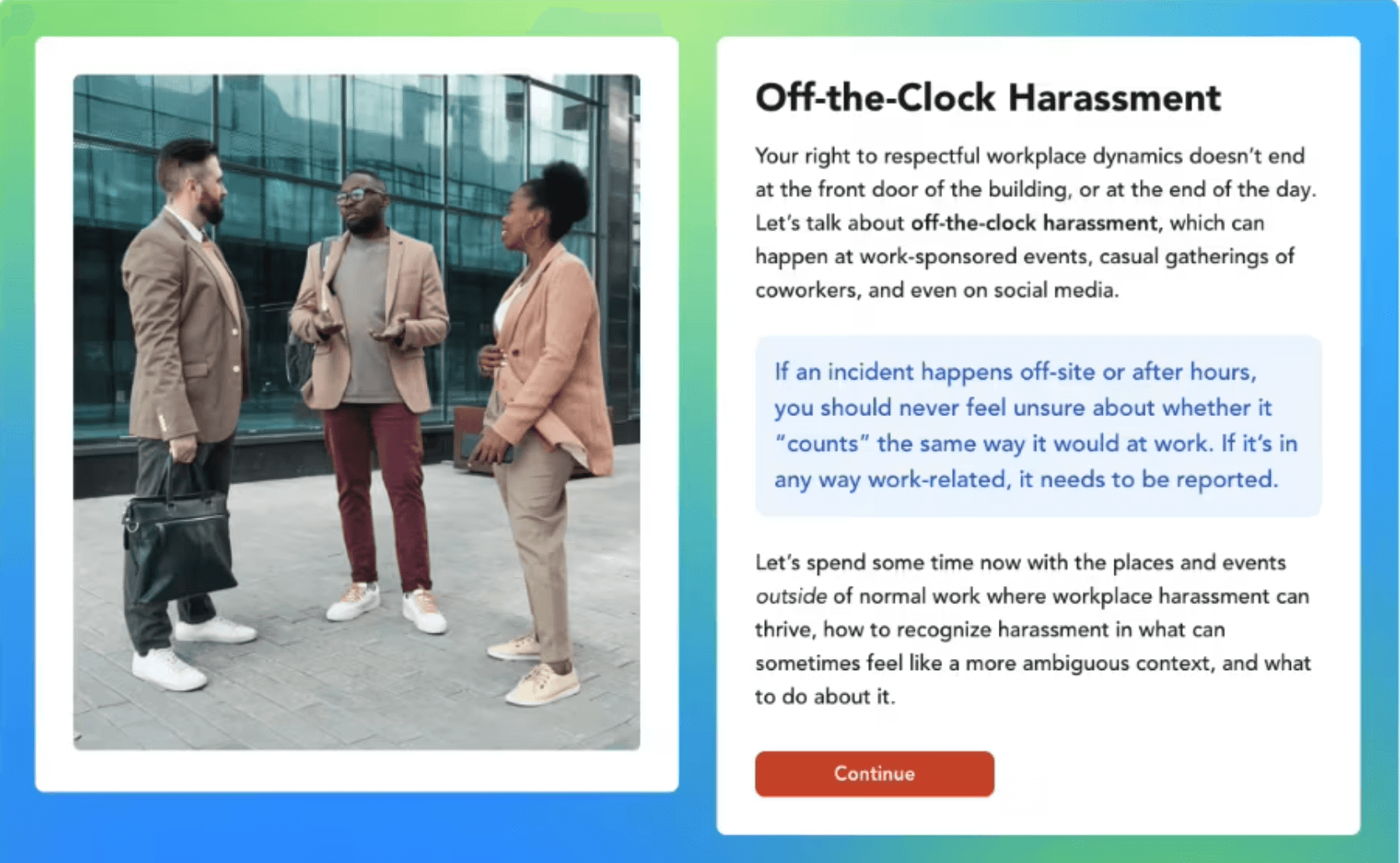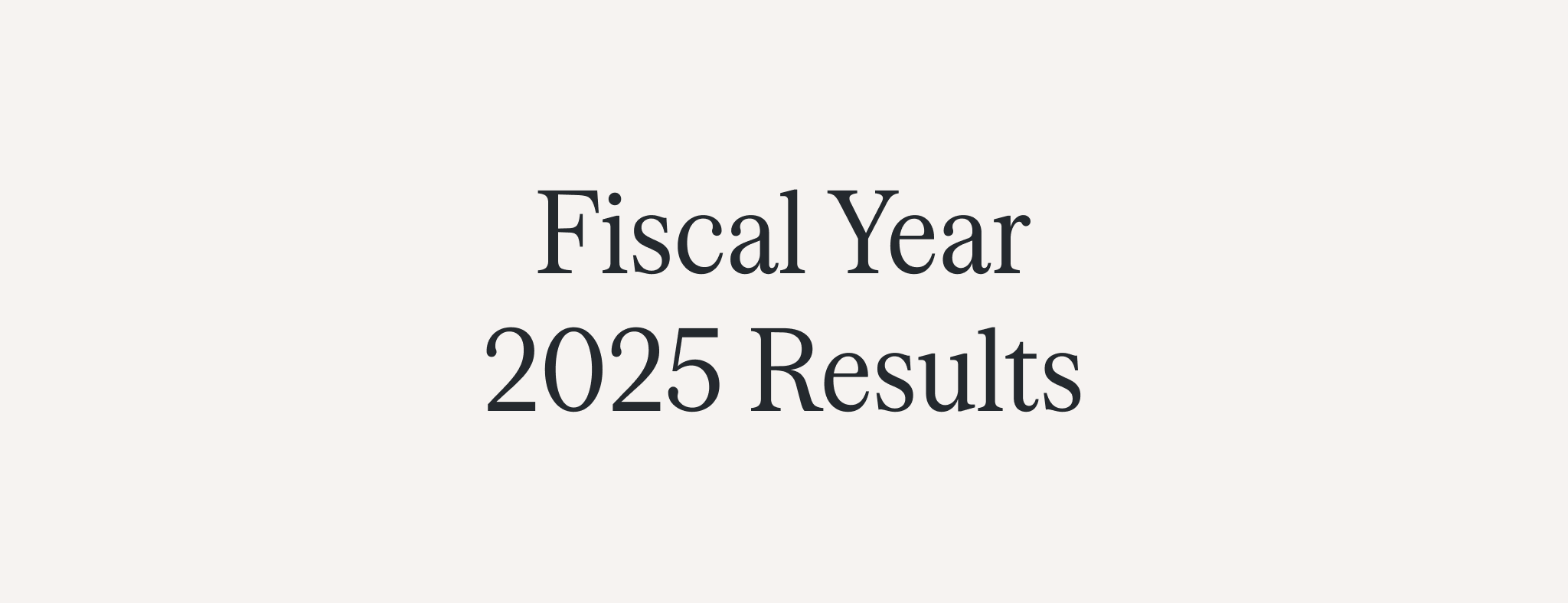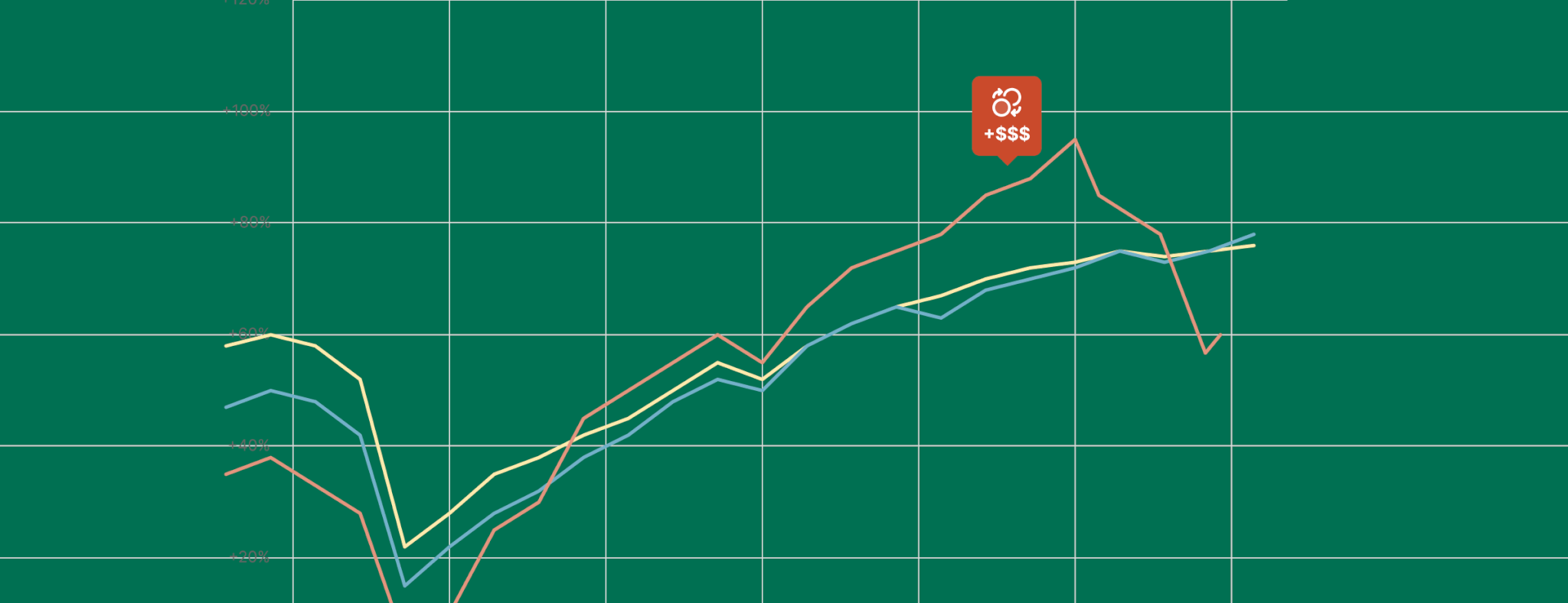Hi there,
Y’all, it has been quite the few weeks – I had trips to San Francisco and Boston, and on cue, my son got sick, which made it logistically and emotionally a hard week. (He’s doing better!)
So when I sat down to write today’s newsletter, I figured it would be a good time to talk about what it’s like to be a founder.
Also, my husband showed me a tweet thread on “a day in the life of a founder” that was going around. Except this founder, who I don’t mean to dunk on, was doing things like approving designs for swag. Her life seemed more like a founder/CEO played by Anne Hathaway in a rom-com, whereas most days, I feel like a desk troll with questionable personal care and caffeine consumption habits.
Finally, founder life is on my mind because Andy Dunn (founder of Bonobos and author of the incredible book, which my mom endorses, Burn Rate) is speaking to my company about mental health next week.
So here’s my thoughts on #founderlyfe (Disclaimer: I’m bad at Twitter).
#FOUNDERLYFE
What it takes to be a founder
It takes a willingness to swing. (And you can get better at that, counterintuitively, by failing often.) Being a founder is setting something up from scratch. You have to be bold, bordering on delusional, when you’re in the early days because your goal is to get people to join you in an endeavor that has a high likelihood of failure. (Being a female founder is no different, except you’re doing it with a lower chance of raising venture money, so I guess that’s different.)
Here’s what swinging looks like:
In the early days of Ethena, when it was just Anne and I, I decided that Frances Frei would be an ideal advisor. She’s helped organizations build trust, been outspoken on inclusivity, and she’s a fancy Harvard Business School professor.
But I didn’t know her so I couldn’t pitch her on just how great of a company my essentially non-existent startup was going to be.
I found that we had a mutual connection, another HBS professor. So I met him with my secret agenda of getting to Frances. I told him what I was doing with Ethena and he proceeded to tell me all of the flaws in my plans; and then described my business as “not ready for prime time.” Now, he was correct but also, he couldn’t see the future.
So after he was done critiquing I asked, “Okay, but can you make an intro to Frances?” He looked at me like I was dense, repeated his critiques and finally, relented with an, “I’ll see if she’s open to it.”
Thankfully, she was, and the point is, I had about 10,000 of these interactions in the early days where someone told me I’m putting a lot of effort into something that isn’t going to work. Being a founder is knowing that they’re statistically right, but it’s still worth swinging because you beat the odds.
What I actually do
Okay, what I actually do today, with a company of ~70 employees, is mostly help other people make decisions. What that looks like is a lot of Zoom calls, meetings, and async work (work that is completed without everyone working on it simultaneously, like a shared document). This can look like someone who reports to me bringing issues they’re working on and I try to help them come to a decision.
I also make decisions, but when I’m doing it right, I hire great people, they make decisions, and I hold them accountable to being the version of great I know they can be.
In the early days, I did a lot of actual work (fun fact – I wrote all our early training content). But we’ve since hired folks and I’ve given away things like Customer Success, Sales, and HR.
I still keep my hands directly on a few parts of the business – for example, you’ll see me on sales calls (which I love! send me People/Legal leaders at tech companies and I’ll hop on a call tomorrow!), on some customer renewals (great because customers give me gold in terms of ideas and insights), in hiring (crucial because getting a team right is everything), and in marketing, because it’s the smallest part of our organization and I love telling our story.
The hardest part of being a founder
Circling back to mental health, I think the hardest part of being a founder is separating my worth and identity from the company’s.
When things are going well and we’ve signed a bunch of big deals, it’s easy for me to get caught up in the hype – am I a genius? I get obsessed with the business and it’s hard for me to put it down and be present as a mom, wife, daughter and friend. It’s like an addiction that’s self-reinforcing because the more I work, the more I get rewarded.
And then I inevitably get kicked in the face, because that’s what happens when you take big swings. Something doesn’t work out and it’s as easy to ride the lows as it is the highs. Am I a moron?
I’ve talked with other founders about this and the advice I generally get is that the situations don’t get easier, but you, as an individual, get better. The more you do this the more you develop tools to cope. For me, that’s meditation, which I’m so bad at; working out, which I’m militant about; and family, which I love to the moon and back.
So that, plus the occasional hair wash, is my description of being a founder.
What I'm reading:
When it comes to Communication from the Top, Less Isn’t More. I liked this Stanford article, which is essentially summed up in the title. Leaders need to communicate…a lot. I often feel like I’m repeating myself but it turns out that repetition is really important when it comes to getting bigger organizations to understand and align with a vision. (Side note – repetition is also important when it comes to creating an effective compliance training wink).
Swing away,
Roxanne Petraeus
CEO & Co-founder, Ethena
